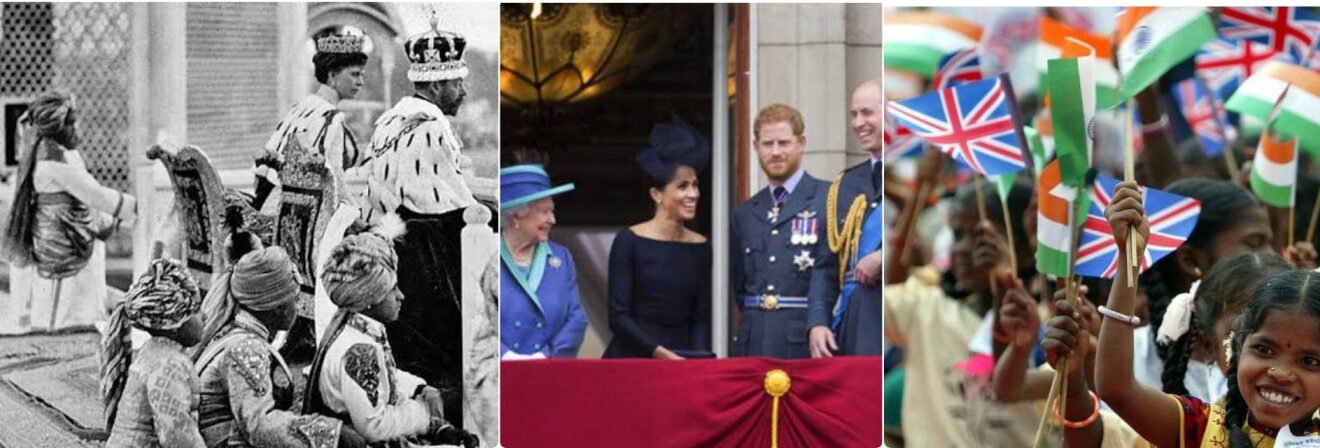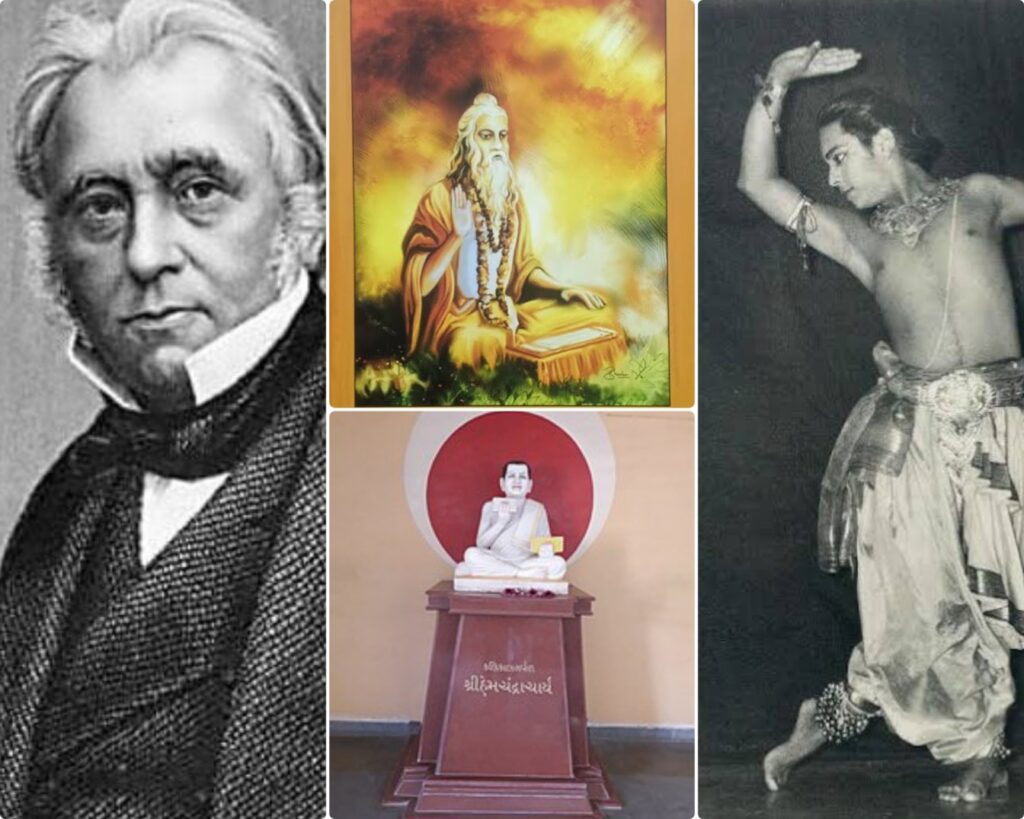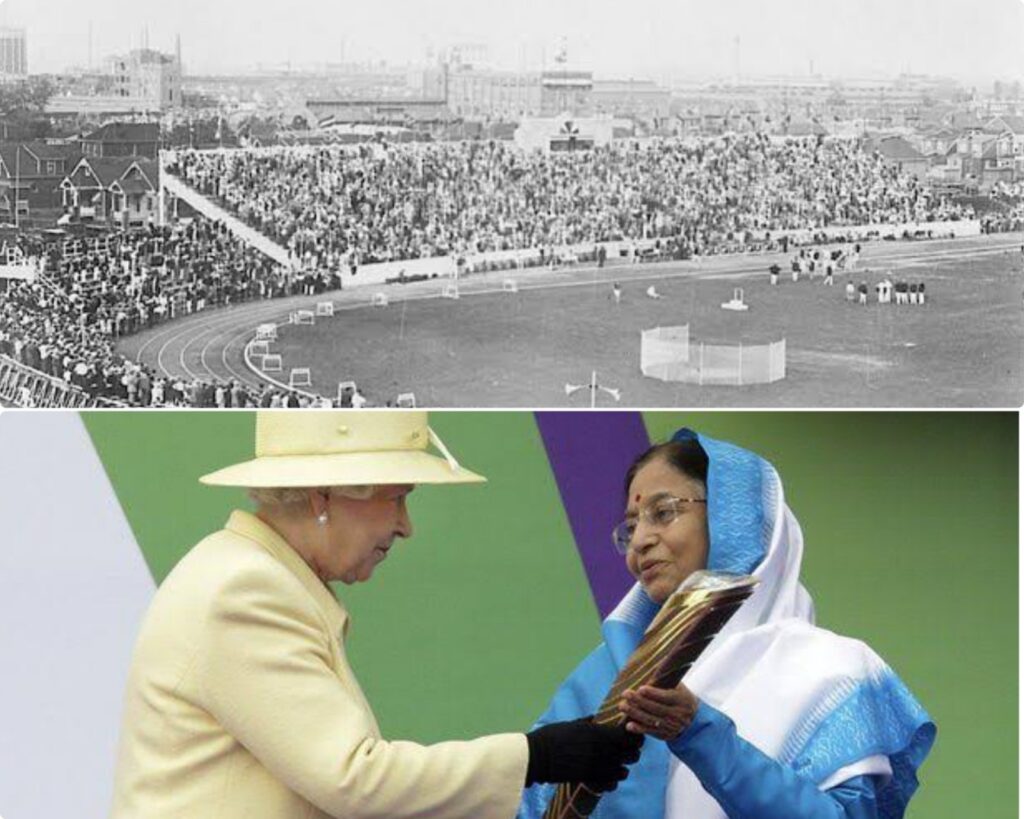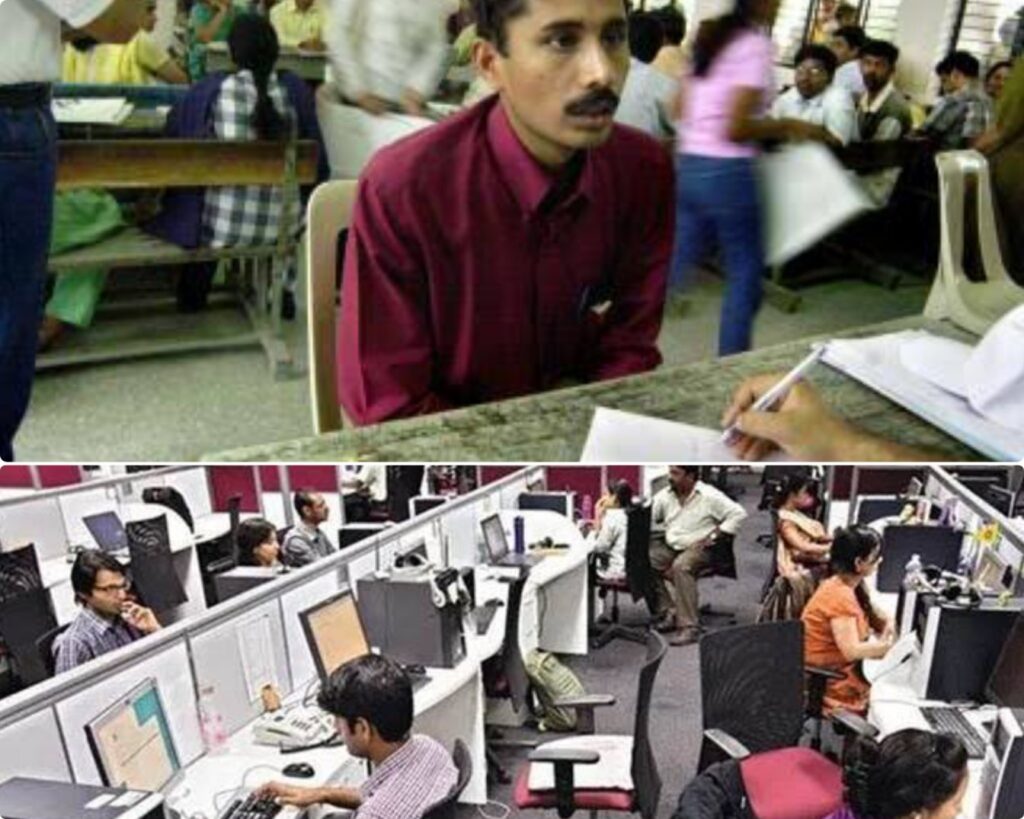The Colonial Hangover

Colonial hangover is so deep rooted in our mind that consciously also we don’t realise it. It all started when the first British group landed in Surat in Aug 1608. Initially their commute in India was only for business purposes, but over the years gradually they started to get maximum stronghold on Indian soil. And after 150 years they established their first rule in India. Slowly they occupied more territories. British rule started from 1757, but they ruled fully only from 1857 to 1947.
After ruling for 90 years Britishers left India in 1947. But the effect of their colonial rule has been huge on India and its people. Let us look at the various aspects to get some understanding.
Validation
The Britishers always had an arrogant, smug attitude and were full of superiority complex. At the same time they made Indians feel inferior to them. And this thought has been so deep rooted in our mind that we fail to recognise it. We started to believe that anything western is always good. “Made in America” and “Made in England” have higher value than “Made in India”. We automatically assume that anything western made will be good and it may as well be better, but the pre assumption is not correct. Pre-assumption is the result of being indifferent to our own culture.

We always crave for the West’s approval, be it anything. Like the Reaction channels by foreigners in YouTube which has become an industry by itself. And most of their reactions are fake, they just pretend to like Indian made products. Millions of views are received in these channels and a good amount of revenue is generated. Hardly they criticise any of the content suggested to them. This is a classic example that unconsciously we are still hung over the colonial mindset. They are turning our inferiority complex into money. From colonial times itself, we have been forced to believe that white people are always right, which unfortunately crept into our psyche. When we get attention from them we feel as if we have won something.
European invaders came to India with guns and other advanced weapons. This created fear in the minds of Indian people. Over time this fear slowly developed into an obsession of getting praised by them. It’s like trying to impress the teacher who is very strict with you. And that obsession always stayed with us.
Undermine your own Culture
Britishers always considered themselves as the superior race and Indians as inferior. Indian culture was looked down by the British and it was treated inferior to European culture. And somewhere we also started to believed the same. Indian culture and the theory of many Gods didn’t make sense to them. After the independence a part of the generation grew up ridiculing Indian culture and that effect still can be seen today. We were conditioned in such a way that we started to feel apologetic about our own cultural past. The young generation especially doesn’t shy to take a dig at their own culture, stating it rudimentary and old. Indian youngsters distant disconnect from its culture can easily be seen in today’s morden world. And the similar mindset has passed on to the next generation.

Down: Women in sarees in Aquila, Delhi as a sign of protest in Sep 2021
The VIP culture which was a heritage from the British raj has creeped into our society. During the British raj many of the club’s and gymkhanas had a signboard which said “Dogs and Indians are not allowed”. That typical mindset can still be seen in the 21st century. In Sep 2021 a Delhi restaurant named Aquila had denied entry to a woman because she was wearing a saree. And this was not a one off incident. The unconscious effect of colonialism still rules us.
Being Morden
The concept of Modern is misunderstood by the young generation. For them, being modern means adapting westernization and Indian youth is highly influenced by it. Everything western appeals to them and anything Indian disinterests them.

Many young generation consider Karva chauth and Rakhi as a regressive practice, but the same generation are drawn towards Valentine’s day and Halloween. Similarly western pop singers like cold play and Justin Bieber get jam packed sell out crowds, whereas rich Indian classical performers perform to empty auditoriums in India. The problem is we don’t promote our art and culture enough or maybe we ourselves consider it as an outdated thing. It’s ok to adapt to other cultures, but at the same time prioritising your own culture is also important.
Education
Britishers wanted to use education to strengthen their stronghold in India. In 1835 lord Thomas Babington, better known as lord Macaulay suggested the British establishment to push for western education system in India. Lord Macaulay was instrumental in shaping up today’s English based education system in India. One of the famous quote of Lord Macaulay was:
“A single shelf of a good European library was worth the whole native literature of India and Arabia,”.
He had very minimal knowledge of India’s rich history and didn’t hesitate selling lies.
Some of the lesser known history of India which don’t get enough recognition.
- Pythagoras theorem is credited to the Greek philosopher Pythagoras, but this theorem was found by an Indian sage named Baudhayana at least 1000 years before Pythagoras introduced it.
- Similarly, the Fibonacci series is credited to an Italian mathematician in 1202, but the origin of the Fibonacci series was introduced by Acharya Hemachandra in the year 1150.
- Iliad and Odyssey is considered the most epic poem in the western world with 15,693 verse lines. But India’s Mahabharat is the longest epic ever with 200,000 verse lines.
- India’s Kathak dance form dates back to the 4th century BC, no British dance form is that rich and old.

There are many proud histories of ours which were never taught to us. Because history is written by the conqueror, not by the oppressed. Majority of the history book is filled with how we were looted, conquered and partitioned. Because that’s what the Britishers wanted us to remember and they pretty much succeeded in it.
Lord Macaulay also suggested shutting down all colleges where only eastern philosophy was taught. The motive of the Britishers to introduce western education in India was for economic reasons. Another motive was to suppress national awakening which started to grow during the pre independence era. But gradually the Indian domestic education system did become westernised. As a result the indeginious method of our teaching has become extinct now. After the independence major authors of the school college textbooks were suffering from post colonial hangovers. Most of the books were written by British influencers who themselves were the product of the British education system. As a result the western influence on our books was inevitable.
Language
The English language was first written in the 9th century, whereas Indian languages were 3000 years older than the British languages which can be traced back to the Indus civilization.
Lord Macaulay also suggested English to be made an official language for the Government and court. That suggestion was highly successful. When it comes to the officially used language, English language easily overpowers regional languages. And because of globalisation Indians prefer English more over regional languages. All our day to day official work is in English, almost 90% education is in English. Only for communication we use our regional languages. But now that also we are not able to do properly. This is a matter of shame. Our communication has become a mixture of local and English language. There’s hardly a sentence where we don’t use English words. On the other hand, communicating in english has unconsciously become intellectual property. People feel proud of their English and at the same time not knowing your own regional language is not a huge bother.
English is just a language, not knowledge. One should learn english for only professional reasons. When it comes to the non-professional aspects of life, regional language should be the priority. In the name of morden education our regional languages are losing their ground. Sanskrit has almost lost its identity and Urdu is not very far behind.
States and Status
India is an extremely diverse country, where language and culture differs significantly from every district to every state. But still, English should only be used when there is no other mode of communication possible. For instance there’s a total change of dialect and language from North to South and West to east. In such cases English acts as a bridge between various states, especially for South Indian states.
But the problem becomes when English becomes a status symbol. Like when two people talk to each other in English even after being well versed in their native tongue. But, if we don’t know English then we should be comfortable with it. Not knowing a particular language should not become a part of our cultural identity. But many are always on the side of insecurity because they don’t know English. Indian parents are also obsessed to teach their children English because our education system and society has been formed in such a way.
In the pre independence era India’s upper class people were mostly influenced by the western culture and this continued after independence also. That effect is very evident in most urban areas. Most of the so-called high society people only communicate in the invaders language. Communication in regional languages is seen very less in these kind of societies. By default English has kind of become a symbol of class for them. It builds intellectual property for them.
Commonwealth Games
The Commonwealth games is an Olympic like sports event which is played by the countries which were once under British rule. Before the commencement of games the England’s queen’s baton is passed through every country it has ruled. This tournament looks like a celebration of British rule and the atrocities they have caused. But the question is why these kinds of games need to be played? Is it not a sign of the colonial hangover we still live in. In fact the first commonwealth games were called “the British Empire Games” which was held in 1930. That name has been changed in 1978 and is being called the “Commonwealth Games”.

Down: Queen’s baton is being passed by Queen Elizabeth II to Indias President Pratibha Patil in 2010
Before the pre-independence era India didn’t have much choice as they were under British rule. After independence India needed resources from England, hence non participation in the Commanwealth Games was not an option. In the present scenario India wants to maintain a good relation with the UK for economic and Geopolitical reasons, hence the participation in these games still continues.
Corporate India
British rule and colonization has made English a global language. And due to globalization English has become the language of trade, commerce and information technology. That’s why corporate jobs have become very English in nature. The ability to communicate in English is given very high priority. This becomes a significant disadvantage for non English speakers, even after being talented. Majority of applicants are being rejected by the mere lack of knowledge in English. It is understandable that many of the recruits deal with foreign nationals’ clients and foreign language is necessary, but a balance is important.

Pic 2: A corporate office in India
Acquiring skills takes a lot of time compared to learning a language. Hence giving skill the first priority should be given a thought. In fact most of the recruitment process starts with communication skills in English. Later the skill part is tested. But it should be the other way around. There’s no lack of skilled people in India, but sometimes the language barrier prevents them to get better opportunities.
Conclusion
In the name of modernization India is losing its cultural heritage. Because territory wise we still might be independent, but our mind is still shackled by colonialism. We need to get independence from that mindset. There are many things India has achieved after independence which is not highlighted enough. But India still has a long way to go. Also, we should stop comparing ourselves to western countries. We have our own challenges and putting western templates on India is a sign of the British hangover. For instance our idea of success has become the United States and we have to move away from such notions. But first we need to let go of the inferior complex and the burden of the colonial hangover.














Recent Comments